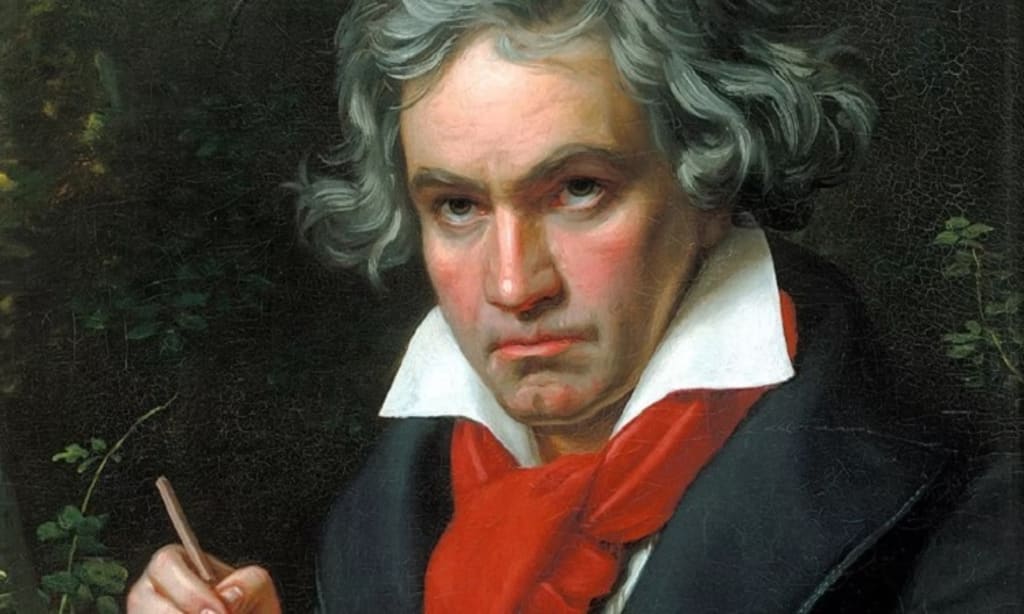
German composer Ludwig van Beethoven (1770 - 1827) was one of the greatest musicians in the world. From a very young age, he showed his genius and is considered the most famous musician since the time of Mozart. But when he turned 30, Beethoven had an unbelievable event for a musician, which was deafness.
Around the age of 26, Beethoven began to hear frequent buzzing and ringing in his ears. In 1800, at the age of 30, he wrote a letter from Vienna to a childhood friend confiding: "In the last three years, my hearing has become progressively weaker. In the theater, I have to get very close to the new orchestra. I can hear the performers. I can't hear the high notes of the instruments and the singer's voice."
As a musician, Beethoven tried to keep his affairs a secret from even those closest to him, fearing his career would be ruined if anyone found out. He avoids social interaction for fear of revealing his illness, and at the same time he is afraid of facing it himself.
Beethoven is said to have still been able to hear some speech and music until 1812. But at the age of 44, he was almost completely deaf.
The exact reason why the talented composer lost his hearing has always been the subject of controversy. Many theories suggest that this was a side effect of syphilis or lead poisoning, typhus, or even a rumor that he went deaf due to his habit of soaking his head in cold water to keep himself awake.
How did Beethoven write music when he couldn't hear it?
It is clear that for a musician, being deaf tormented the German composer for half his life. It was not until 1822 that he gave up seeking treatment for his hearing and accepted the painful truth. Beethoven also used a number of hearing aids, but at the time, their use was not very effective.
Despite this, Beethoven continued to compose and even became a resounding success, his career unaffected even though he could no longer hear it. It is not difficult to explain this. Scientists say Beethoven listened to and played music for the first three decades of his life. More than anyone else, he knows all the rules of instruments and vocals, how music will sound. In addition, his deafness was a gradual decline in hearing over a period of time, rather than sudden hearing loss. So the musician can still picture in his head what his works will be like.
Beethoven employees once told me that when his hearing became worse, he would sit at the piano, put a pencil in his mouth, and touch the other end to the piano's soundboard to feel it. vibration of each note. During the last 20 years of his life, Beethoven composed music with his memory and imagination, not with his ears. Not only continued to compose music, Beethoven also performed and conducted orchestras after becoming deaf.
Beethoven 's mastery of music was undeniable, even when he struggled with deafness. However, although the quality has not decreased, modern experts say that deafness still has an influence, changing Beethoven's music.
In his early works, when he could still hear the full range of frequencies, he frequently used high notes. As his hearing deteriorated, Beethoven began to use lower notes more because these were the notes he could hear more clearly. High notes returned to his compositions towards the end of his life, indicating that he had masterfully "heard" the work to form in his imagination.
Source: ClassicFM
About the Creator
Nhật Nam
I am simple. Read and tell me your feelings.<3






Comments (1)
<3